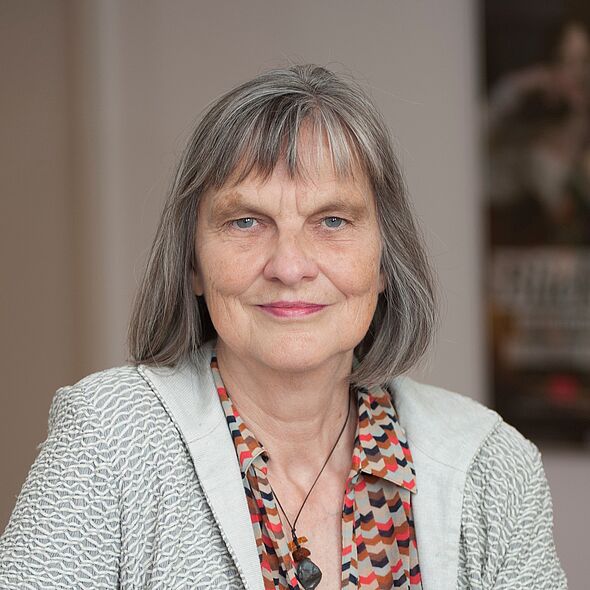Adelheid Heftberger is a slavicist and film scholar, and currently holds the position of head of access in the film department of the German Federal Archive (Berlin). Previously she held positions at the Brandenburg Center for Media Studies (Potsdam) and the Austrian Film Museum (Vienna) as researcher, curator and archivist. Her main areas of expertise include Digital Humanities, Film Cultural Heritage and Russian/Soviet Film. She is the author of the book Kollision der Kader. Dziga Vertovs Filme, die Visualisierung ihrer Strukturen und die Digital Humanities and has published on Russian cinema, archival collections and visualization of filmic structures.
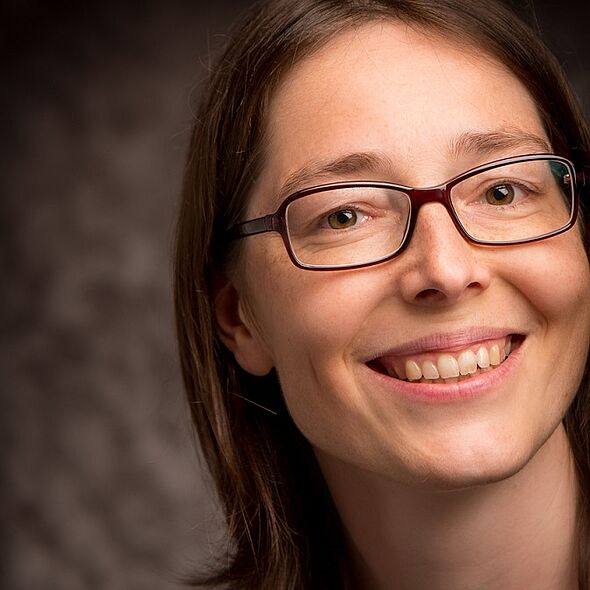
Born 1955, lives and works in Amsterdam. Since 1979 film critic and festival curator specialized in films made by women. Curator of the lesbian program of the International Lesbian and Gay Filmfestival Holland (1986 and 1991) and San Francisco (1991). Since 1994 film historical research on woman filmmakers in the silent cinema; lecturer in film theory and history at Dutch universities. In 1999 co-founder of the international Conference ‘Gender and Silent Cinema’ (since 1981 continued as bi-annual conferences ‘Women and the Silent Screen’. She was awarded her PhD in 2005 on the theatre and film careers of silent cinema actresses and directors Adriënne Solser, Musidora and Nell Shipman. Her comprehensive study of these careers, Women in the Silent Cinema. Histories of Fame and Fate, was published 2017 by Amsterdam University Press. Further archival research i.a. on Asta Nielsen and Theatre and the (largely lost) oeuvre of the German scenarist, actress and film director Rosa Porten.
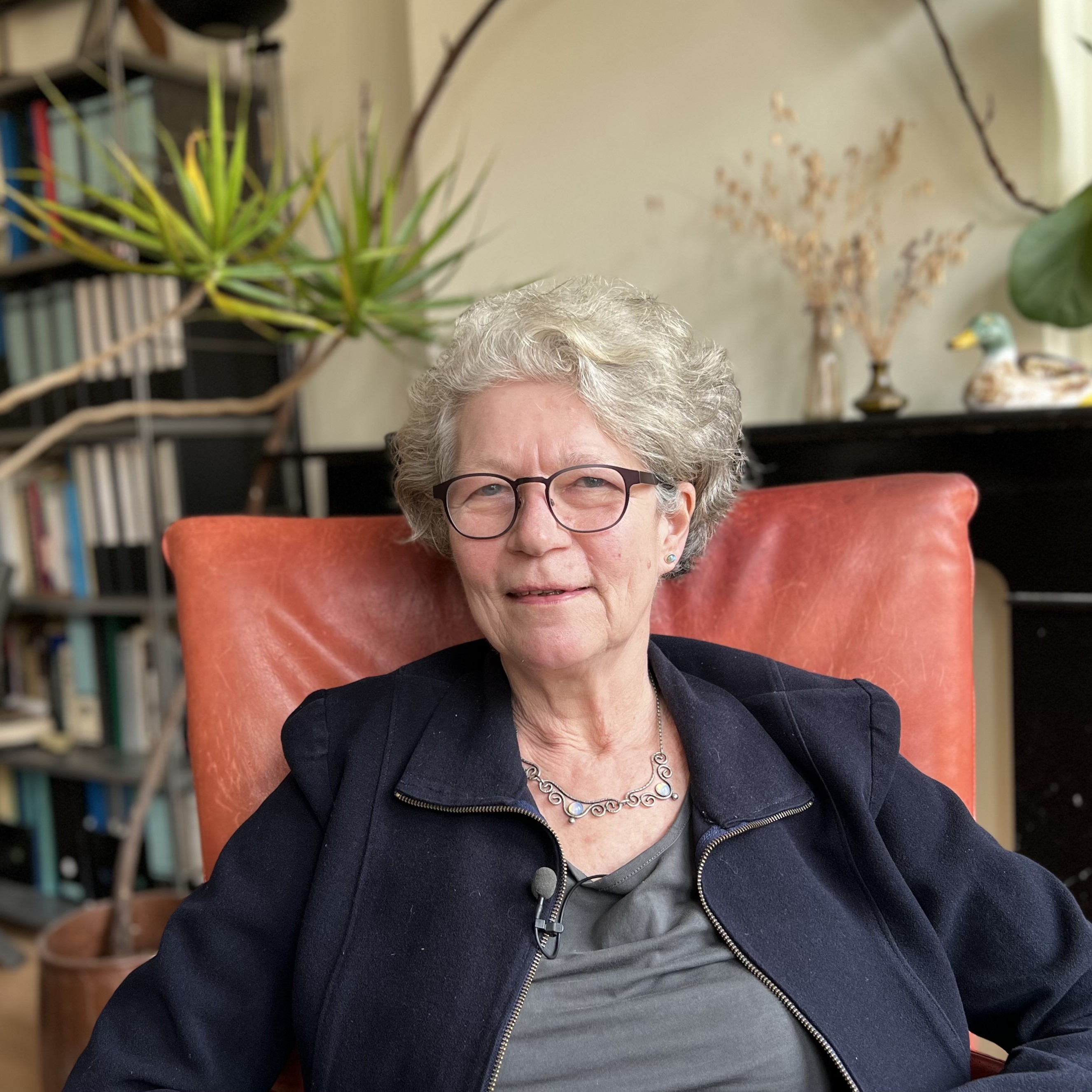
Barbara Wurm is an author and curator and studied Slavic studies in Vienna, Moscow, Munich and Leipzig, among other places. She worked on the selection committees of DOK Leipzig and the International Short Film Festival Oberhausen, currently works for the goEast Film Festival and the Berlin International Film Festival, and programs for various film festivals and cinematheques. As an Eastern European film expert, she has written a doctoral thesis on Soviet cultural film and edited books on Dziga Vertov, among others. Her main areas of research and teaching at the Humboldt University of Berlin are Eastern European cultural studies and the theory and history of film. She writes film reviews for newspapers and professional publications.
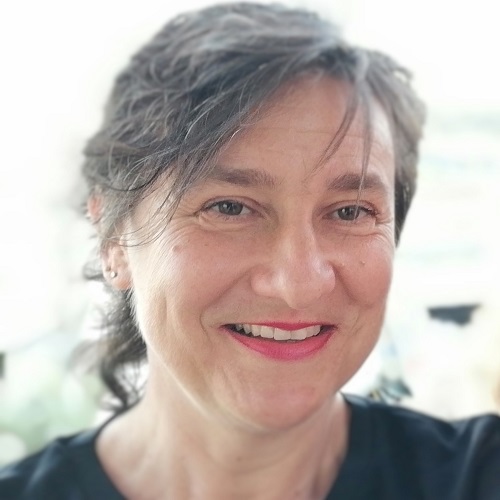
Borjana Gaković studied media and film studies in Potsdam and Berlin. Co-editor of the 68th edition of the feminist film journal Frauen und Film (on women filmmakers of the 60s) and the quarterly magazine on cinema politics Kinema Kommunal. She is spokeswoman for the German Association of Municipal and Cultural Cinemas and presents film programs in various cinemas. She has participated in numerous film, theater and media(theory) related projects, inter alia as co-curator of the symposium Reluctant Feminism within the 17th goEast – Festival of Central and Eastern European Film in Wiesbaden 2017, Aufbruch der Autorinnen (The Rise of Women Directors) initiated by Sabine Schöbel (Zeughauskino Berlin, 2015 and 2016), the exhibition and film series Cinema Archeology within the project Living Archive – Archive Work as a Contemporary Artistic and Curatorial Practice (2013) as well as Asynchronous – Documentaries and Experimental Films on the Holocaust (2015) of the Arsenal - Institute for Film and Video Art. She is living in Berlin.
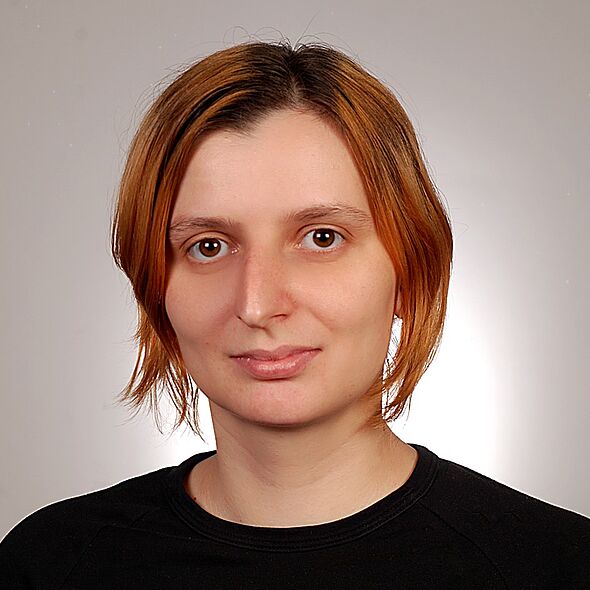
Pianist, Composer, Sound Design SAE Certificate electronic music producer Studies in piano, classical music and jazz. International performances, solo and various ensembles. Piano improvisations and compositions for (silent) features, theatre and commercials. Attendance at FRANKFURT LUMINALE. Hesse Jazz Award. Continuous collaboration with Kinothek Asta Nielsen.
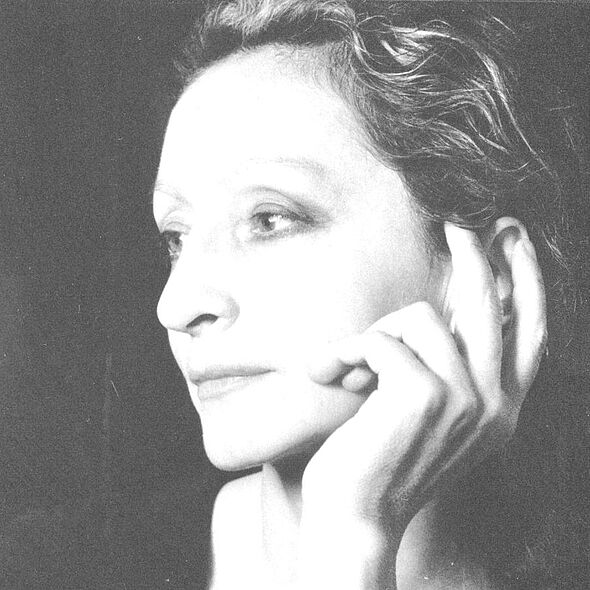
Pianist and composer. Since 2000, Martins has been the house pianist for Berlin’s Kino Arsenal - Institut für Film- und Videokunst. She has provided live accompaniment for silent films at numerous international festivals, theatres and cinematheques in Europe, Asia and South America. She contributed music to the DVD editions of the silent films Cento Anni Fa 2011 and Pioneers: First Women Filmmakers 2018. Martins has also worked in the field of sound design for film and theatre and presented her own sound installations in Hong Kong and Berlin. Martins teaches at universities in Germany in France and has given master classes, workshops and lectures on film and music/sound in Hong Kong, New Delhi, São Paulo and Shanghai, among other places. She has directed projects for and with adolescents and children in Berlin and Brussels under the heading “Composing for and with Film”.
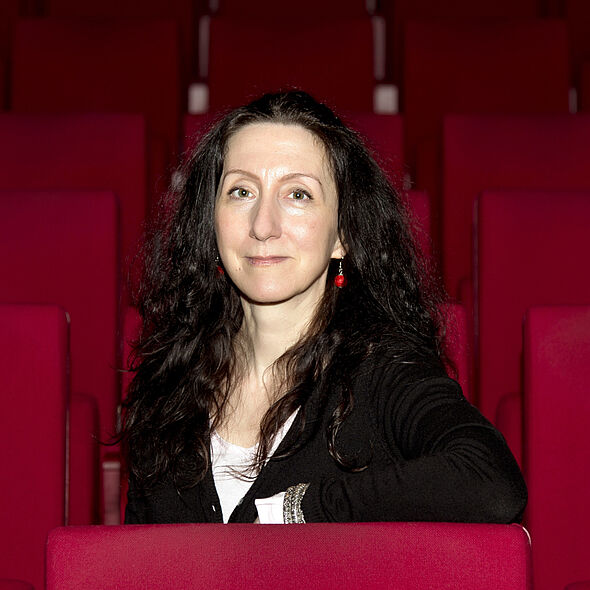
Gina Annunziata teaches History of Cinema at the University of Naples “L’Orientale” and at the Academy of Fine Arts of Naples. In 2010, she holds a PhD in “Visual Studies” form University of Siene - The Italian Institute of Human Sciences (SUM). Her principal research interests lie primarily in otherness in Italian cinema and in Cinema of North Africa and the Middle East. She is also Member of the Scientific Committee of the Academic Book Series Postcolonial Film and Media Studies directed by L. De Franceschi for the Italian publisher Aracne (Rome). She also works as independent film curator and, since 2008, she collaborates with national and international film festivals.
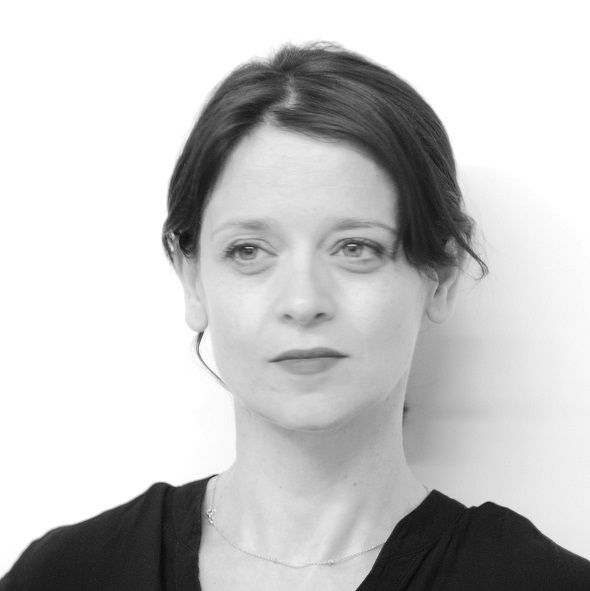
Dr Helen Pankhurst is a women's rights activist and senior advisor to CARE International, based in the UK and in Ethiopia. She has extensive media experience including national and international radio and print interviews, and was involved in the 2015 film Suffragette. Her work in Ethiopia includes support to program development across different sectors, focused on the interests and needs of women and girls. In the UK she is a public speaker and writer on feminist issues. She also leads CARE International's #March4Women event in London on the 4th March. Helen is the great-granddaughter of Emmeline Pankhurst and granddaughter of Sylvia Pankhurst, leaders of the British suffragette movement.
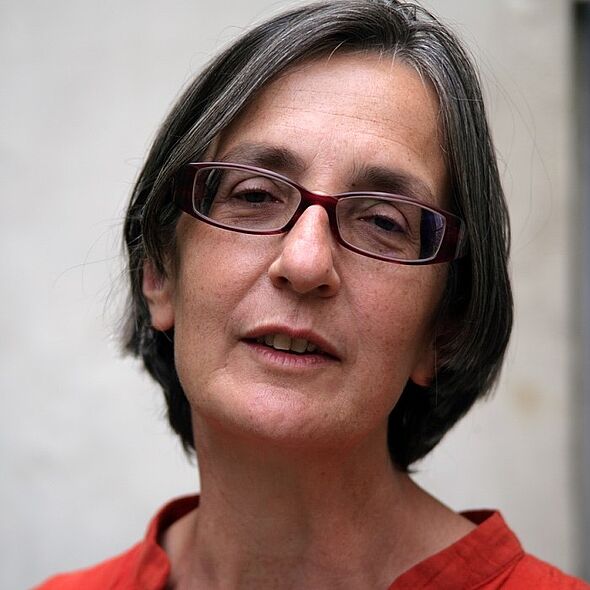
Born in Düsseldorf, living in Berlin. Studies in Political science, philosophy, history and psychology in Berlin, Paris and Munich. After being promoted in Political science she started her career as a scriptwriter for Bavaria Filmcompany, Volker Schlöndorff and Ula Stöckl. She wrote radioplays and directed them. In 1975 she realized her first film as scriptwriter, director and producer. 10 films followed. All her films have been shown on international festivals and in retrospectives around the world and won national and international awards. She made video performances, wrote essays and books. She was professor of film at the University of fine arts in Berlin and is a member of the Academy of fine arts. During all these years she was engaged in a lot of women’s initiatives.
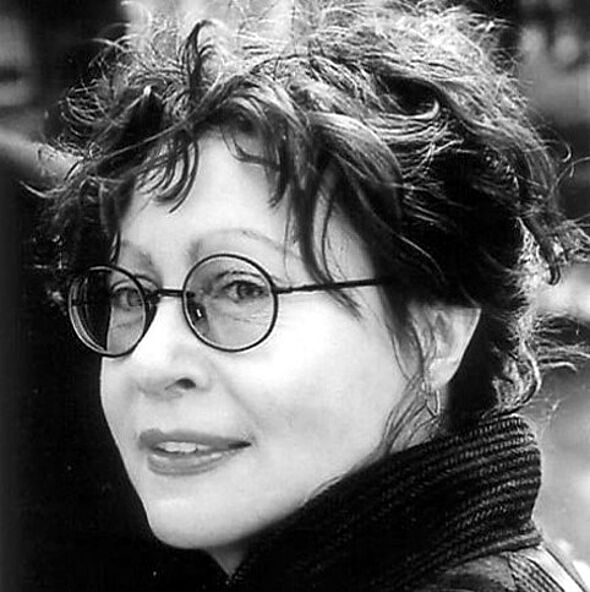
Kathi Kamleitner is a PhD candidate at the University of Glasgow. Her research focusses on the history of women’s film festivals and feminist film culture. She has worked with a variety of film festivals including the Berlinale in Germany and Africa in Motion in Scotland, and programs film events at feminist institutions like the Glasgow Women’s Library. She is also involved with the Radical Film Network Scotland, a loose collective of alternative cultural organisations in Scotland. In 2018 Kathi co-founded Femspectives, a feminist film festival in Glasgow. She currently works on finishing her doctoral thesis as well as the first edition of Femspectives in March 2019.
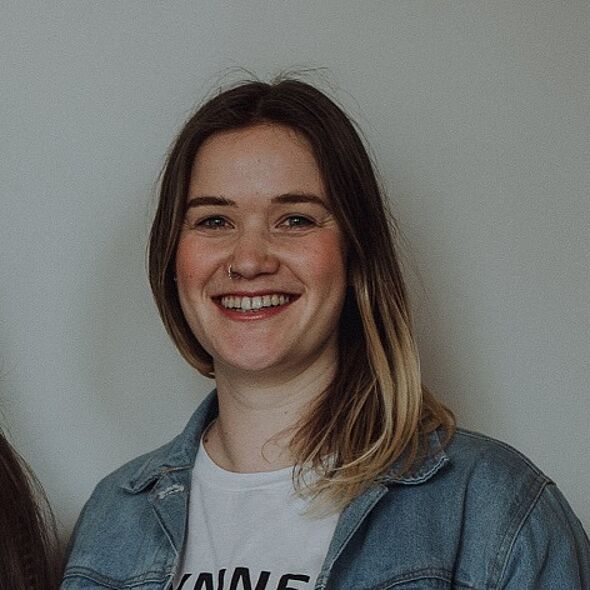
Laura Mulvey was one of the founders of the Women’s Event of the Edinburgh International Film Festival in 1972. She is a Fellow of the British Academy and Professor of Film at Birkbeck College, University of London. She is the author of the ‘landmark’ essay and feminist manifesto ‘Visual Pleasure and Narrative Cinema’ (1975). Furthermore, she is author of – inter alia – Visual and Other Pleasures (Macmillan 1989/2009) and Death Twenty- four Times a Second: Stillness and the Moving Image (Reaktion Books 2006), that again touched a contemporary nerve with, that is, the shift from traditional to digital modes of spectatorship, as well as three co-edited collections of essays. She made six ‘essay films’ in collaboration with Peter Wollen including Riddles of the Sphinx (British Film Institute 1977; dvd 2013) and Frida Kahlo and Tina Modotti (Arts Council 1980). She has received four honorary doctorates and is an honorary member of the Society for Cinema and Media Studies.
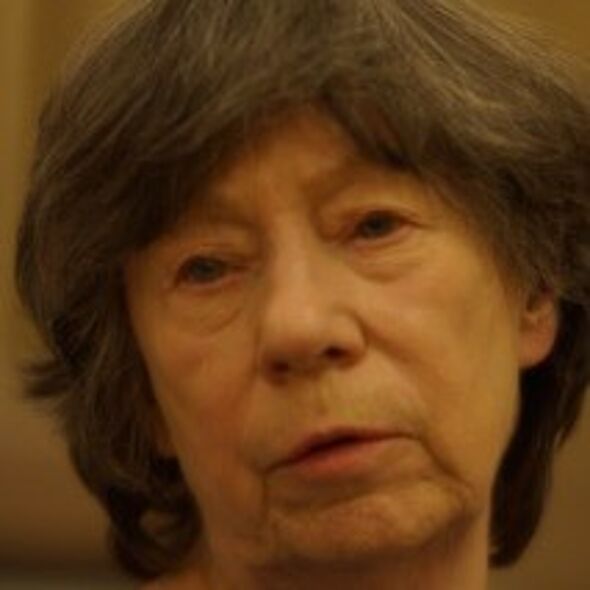
Lynda Myles was one of the founders of the Women’s Event of the Edinburgh International Film Festival in 1972. She has been Director of the Edinburgh International Film Festival from 1973 to 1980 before she spent two years as Director and Curator of Film at the Pacific Film Archive at the University of California, Berkeley. After her return she joined Columbia Pictures as a Senior Vice-President and spent two years as Commissioning Editor for Drama at the BBC. Since the 90s she continuously work as a producer independent films such as award- winning The Commitments (1991) directed by Alan Parker as well as The Snapper and The Van, both directed by Stephen Frears. Besides her continuous work as a producer Myles was co-executive director of the East-West Producers Seminar, a training program for young producers in Eastern Europe from 1990 to 1994. From 2004 to 2017, she was Head of Fiction Directing at Britain’s National Film and Television School. She continues to work as an independent producer and is currently in development with several projects.
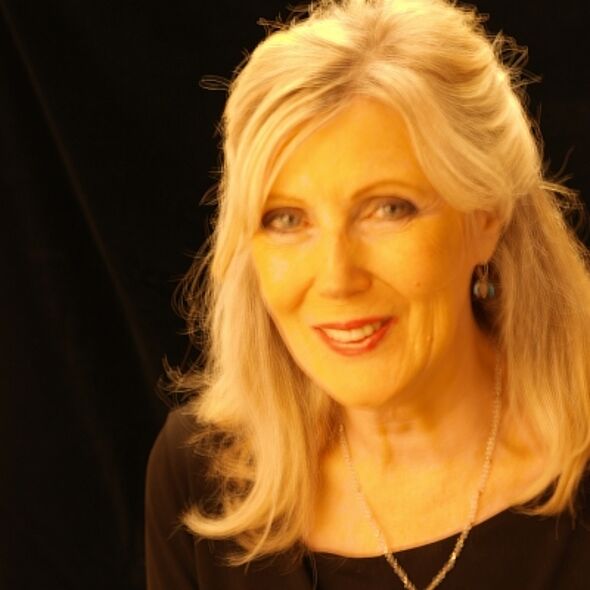
Recha Jungmann studied in the 1950s at the Academy of Music and Theatre in Hannover and subsequently worked as an actress, e.g. at the Schauspielhaus Frankfurt . 1968 she shot her first documentary film, Renate, which was screened and well received at national and international festivals. In 1972, she directed the short Two Right, Two Left, Drop One, which celebrated its world premiere at the 1st Women’s Film Festival of Toronto. From 1975 to 1978, she worked as an author and director for the ZDF programme Schülerexpress. Her fiction feature Etwas tut weh (1979) had its world premiere at Rotterdam Film Festival and was screened at the Berlinale in 1980 in the "Forum"-programme. Her next fiction feature Zwischen Mond und Sonne, had its world premiere at the Berlinale the following year. In 1981/82, Jungmann realised the three-part television mini-series Unsere Mütter, Unsere Väter, which features both documentary and fictional elements. Jungmann continued to work from the early 1990s on for television, realising numerous television documentaries for ZDF, HR, WDR, SWF and more. In addition, she has served as a writer for the HR series “Bücher, Bücher” and developed screenplays for TV movies and reports for informational formats. Recha Jungmann lives in Frankfurt.
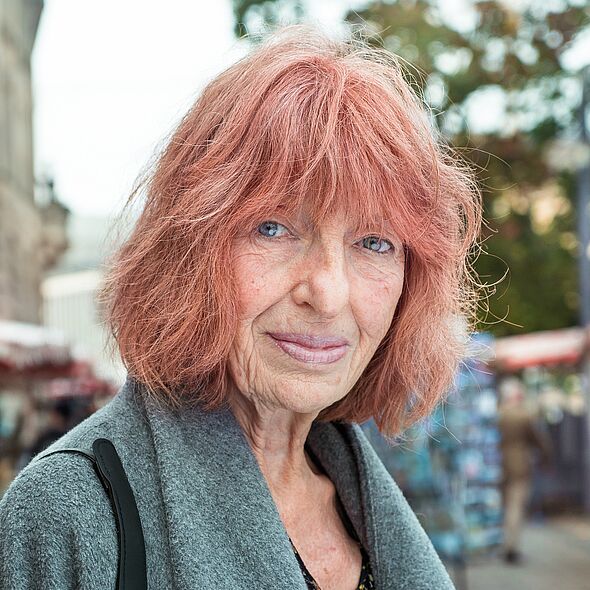
Richard Dyer has an MA in French from St Andrews and a PhD in Cultural Studies from Birmingham. In addition to posts in British universities, he has taught and lectured widely internationally. He organised the first season of lesbian and gay films in 1997 at the National Film Theatre in London. His books include Stars, Heavenly Bodies: Film Stars and Society, Now You See It, White, The Culture of Queers, Pastiche, In the Space of a Song, Lethal Repetition and La dolce vita.
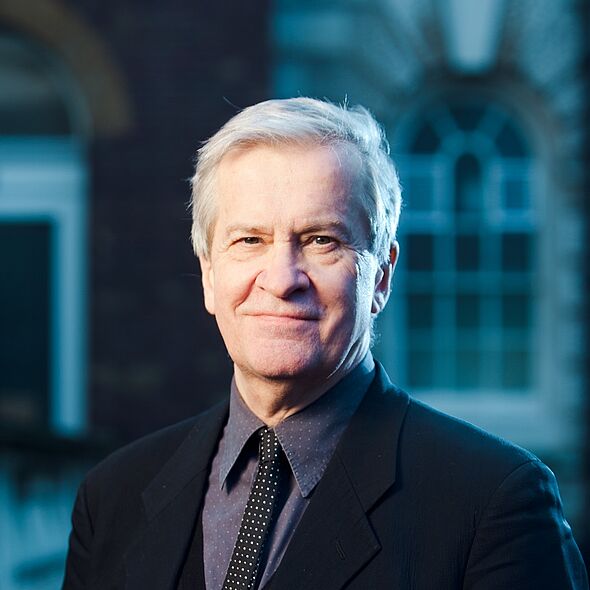
Rita Casale (1968) studied philosophy and history in Bari, Paris and Freiburg im Breisgau, receiving her Ph.D. in 1997. She taught at the Universities of Frankurt a. M., of Zürich, of Vienna and Fribourg before joining Universität of Wuppertal in 2009, where she is the professor for philosophy and history of education. Her research interests are: Philosophy (Phenomenology, Critical Theory, Poststructuralism), Feminism and History of Knowledge.
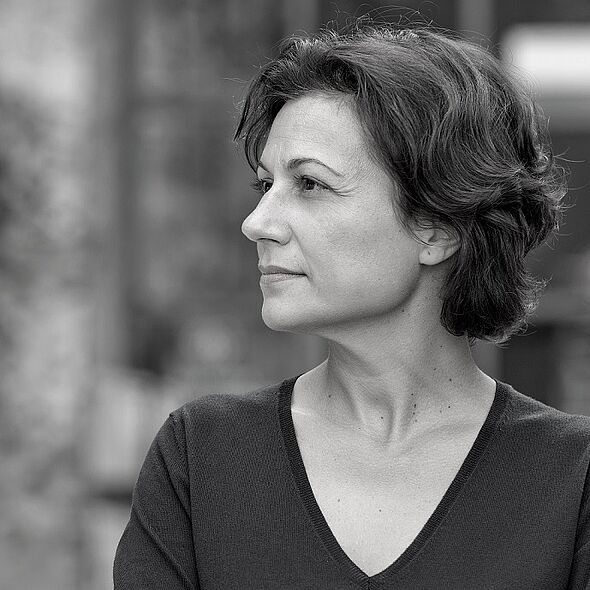
Rosalinde Sartorti, Ph.D., Cultural Scientist, Slavicist, Translator; Academic Councillar at Eastern-Europe-Institute, Freie Universität Berlin. Focus of research and teaching: Russian Cultural History (19th and 20th century) and Cultural Theory, Visual Media and Political Iconography with a focus on film and photography. Numerous published works covering photography, everyday culture, myth-making in Modernism and the cultural memory.
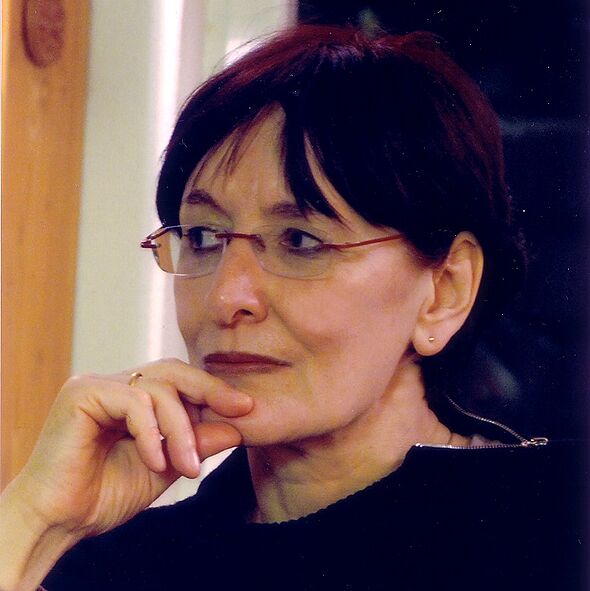
Ruth Bieri is a freelance pianist, keyboard player and composer based in Zürich, Switzerland. For over 30 years, she has been heavily involved in music projects. She has played and continues to play in diverse formations at home and abroad as well as composing for film and theatre. In 1993, she founded Serpent (known today as Women in Music) in Zürich – the first ever rock, pop and jazz academy for women in the DACH countries – where Bieri provided vital impulses in her ten-year tenure as an instructor and academy director. The common thread running through her musical career is her passion for combining music with images or language. Her extraordinary gift for spontaneously inventing and varying musical themes finds expression in her work as a live accompanist for silent films.
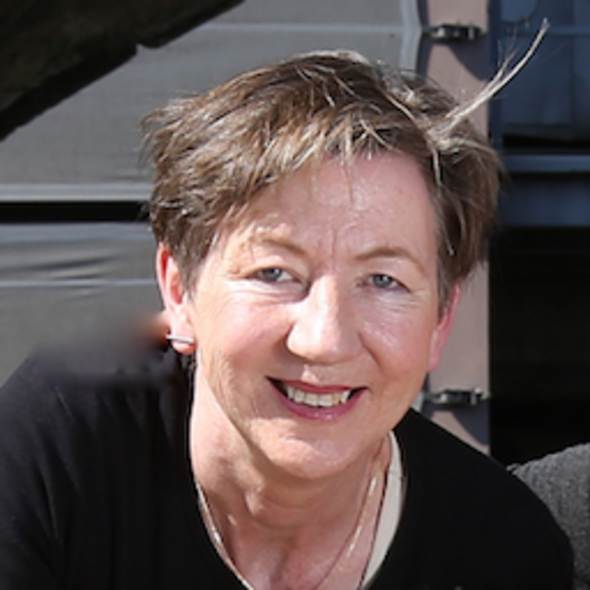
Sabine Schöbel has a PhD in Film Studies and works as a cultural manager and experimental filmmaker. Published works: DIE ZWEI. Weibliche Doppelfiguren im europäischen Aufbruchskino (2009), Aufbruch. Regisseurinnen der 60er, Frauen und Film No 68 (Ed. with Borjana Gaković, 2016). Cinema programmes: Czech on Tour (with Marketa Šantrochová ad Doreen Blau, 2012/2013), El cine de la transición (2013), Aufbruch der Autorinnen (2015), Aufbruch der Autorinnen II (2016), Die umstrittene Transición (2016). Her experimental feature lupinen löschen premiéred at the Forum Expanded section of 2007's Berlin International Film Festival. GRUNSKE, an experimental short about the ruins of the Palast der Republik (Palace of the Republic), debuted in 2009/10 at Rencontres Internationales. The German Film Critics Association nominated EZB 2011-2012 for 2014's Best Experimental Feature Award.
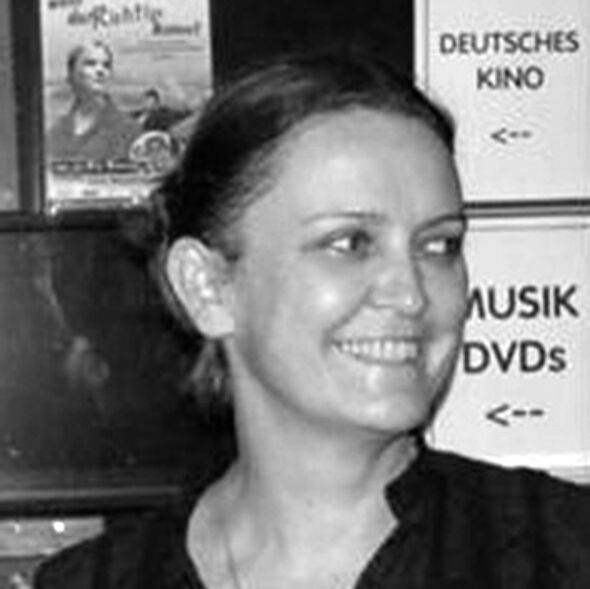
Retired Prof. Dr. Sibylla Flügge, born in 1950, studied law in Frankfurt am Main and has been active in the women’s health movement. Since 1983, she has been co-editor of the feminist legal journal STREIT. Flügge practiced law and gave birth to two children. From 1990 to 1994, she served as an advisor for health policy and sex work in the women’s department of the City of Frankfurt. From 1994 to 2016, she was engaged as a professor at Frankfurt University of Applied Sciences with a concentration on women’s rights, at the same time serving as the officer for women’s affairs at the university. She has conducted research on legal history concerning women, the history of midwifery and family law.
